Months after the US-Israel joint strikes rocked Iran's nuclear facilities, the country said on Thursday that it was withdrawing from an agreement to allow a resumption of international inspections of its nuclear sites. The decision came hours after the United Nations watchdog agency demanded information about the status of Iran’s enriched uranium stock.
Ever since Israel launched the 12-day war with Iran, with the help of the US, the International Atomic Energy Agency (IAEA) has been unable to inspect the Iranian nuclear facilities. Previously, US President Donald Trump declared Iran’s nuclear enrichment program was “obliterated” in the brief war.
However, regional officials and experts continue to remain concerned about the fact that Iran may have developed a stronger interest in secretly developing a nuclear weapon since the attacks. In recent weeks, Rafael Grossi, the head of the IAEA, maintained that while Iran does not appear to be actively enriching uranium, there have been renewed activities at some nuclear sites.
It is pertinent to note that if uranium is enriched at lower levels, it can be used to produce nuclear energy. However, enrichment at the higher levels can pave the way for developing nuclear weapons.
Is Iran changing its plans?
For the longest time, Iran has insisted that its nuclear program is for peaceful purposes only. However, in June, before Israel launched its attack, the IAEA passed a resolution saying Iran was not complying with its nuclear nonproliferation obligations.
At that time, the Iranian officials argued that the resolution turned out to be political cover for the Israeli strikes that were launched a say later. A month after the strikes, Tehran formally suspended any cooperation with the UN nuclear watchdog and has been denying inspection since the war.
However, the impasse inched closer to resolution in September when the two sides met in Cairo and agreed on a resumption of inspections. But despite the agreement, the Iranian official insisted that it would be “unsafe” to allow inspectors to visit bombed sites.
Quick Reads
View AllThe progress in this regard quickly halted in October after European nations decided to reimpose UN sanctions on Iran over its nuclear program. On Thursday, the IAEA Board of Governors passed a resolution demanding that Iran “without delay” provide information on enrichment and give access to its nuclear sites.
In response to the ultimatum, Iran withdrew from the Cairo agreement. “This understanding is no longer valid and should be considered terminated,” Iran’s foreign minister, Abbas Araghchi, said in a message to the IAEA, Fars news agency reported.
Regional analysts and officials expressed concern that Iran’s withdrawal from international inspection could trigger another war between Iran and Israel. Some experts argue that Iran might be continuing to work on a new enrichment site known as Pickax Mountain. The Iranian authorities have refused to give the international inspectors access to that site or to any other suspected nuclear sites other than those already declared.
Last month, the JCPOA deal with Iran and Western powers to limit Tehran’s nuclear enrichment program expired. Since then, there has been no sign of any international efforts to replace it. Many believe that any kind of deal is unlikely without the involvement of Washington. Until then, the fate of Iran’s stockpile of highly enriched uranium remains unknown.


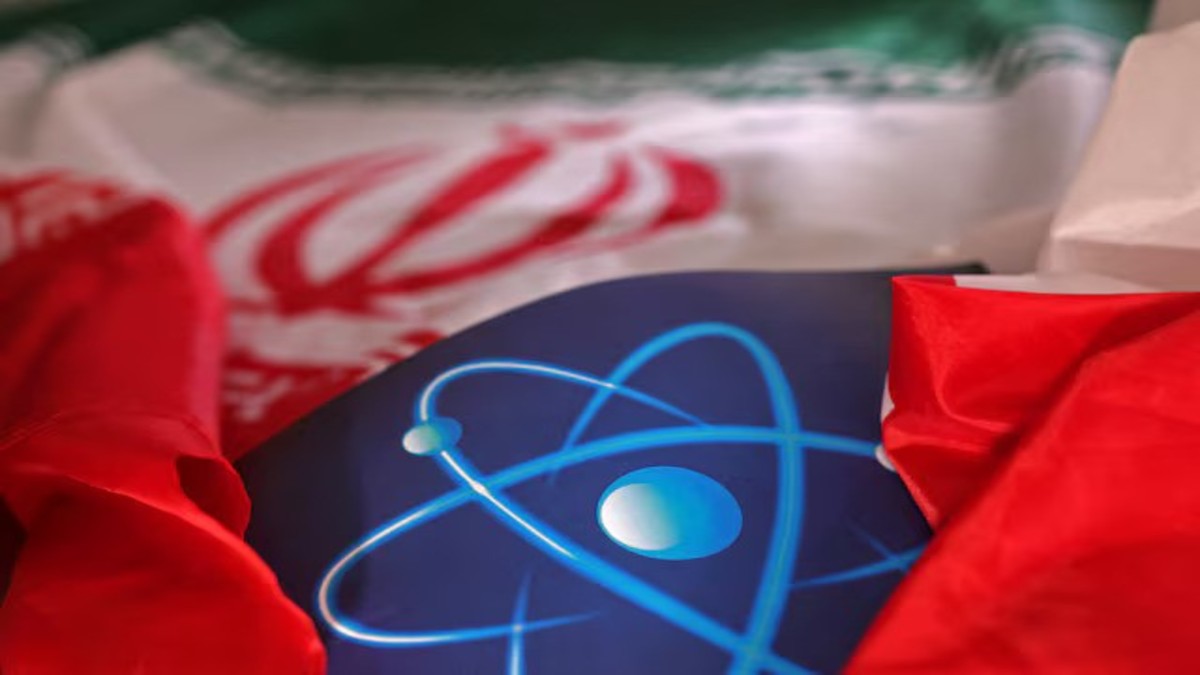)

)
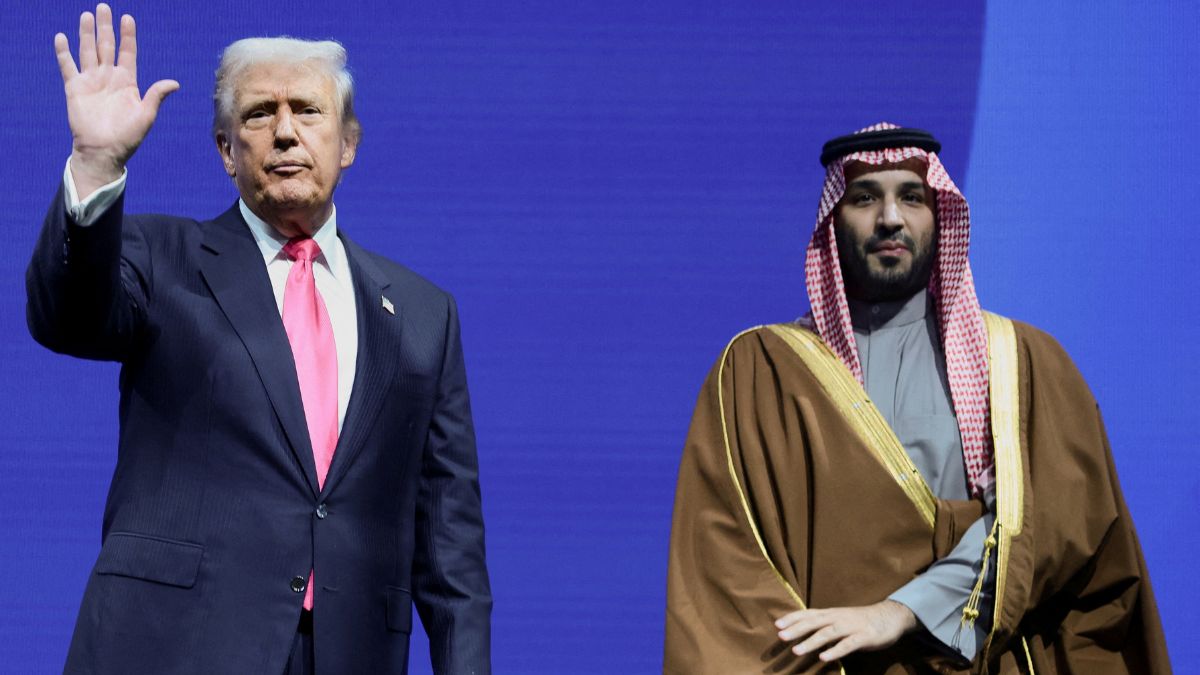)
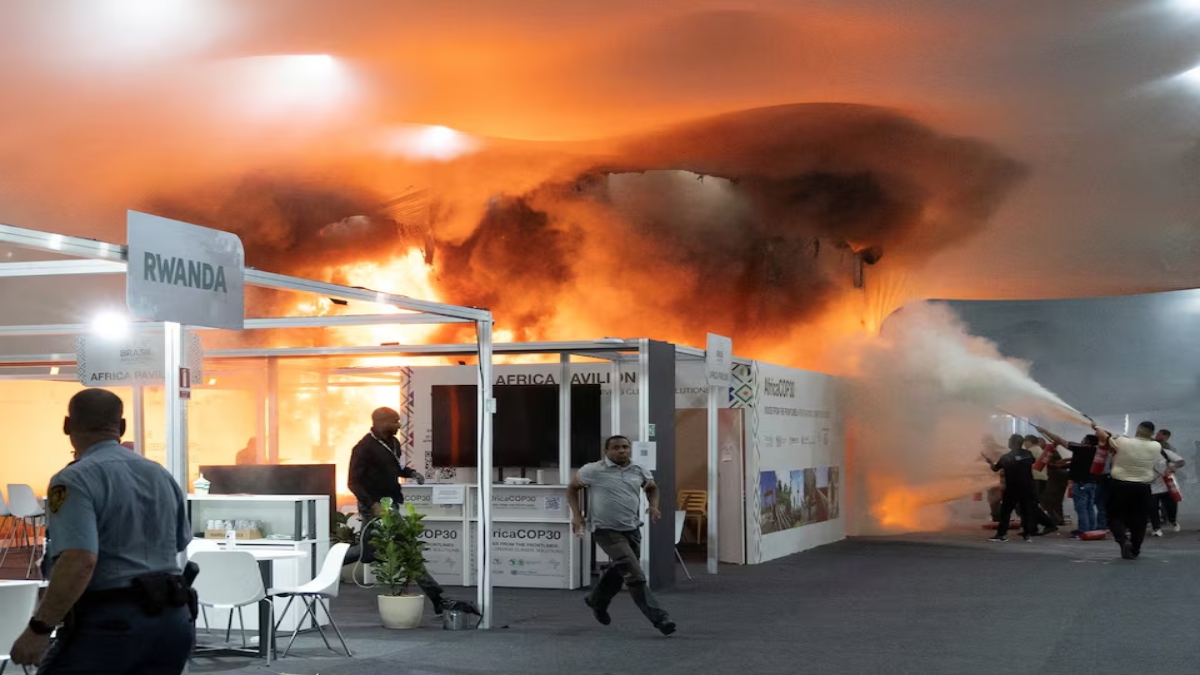)
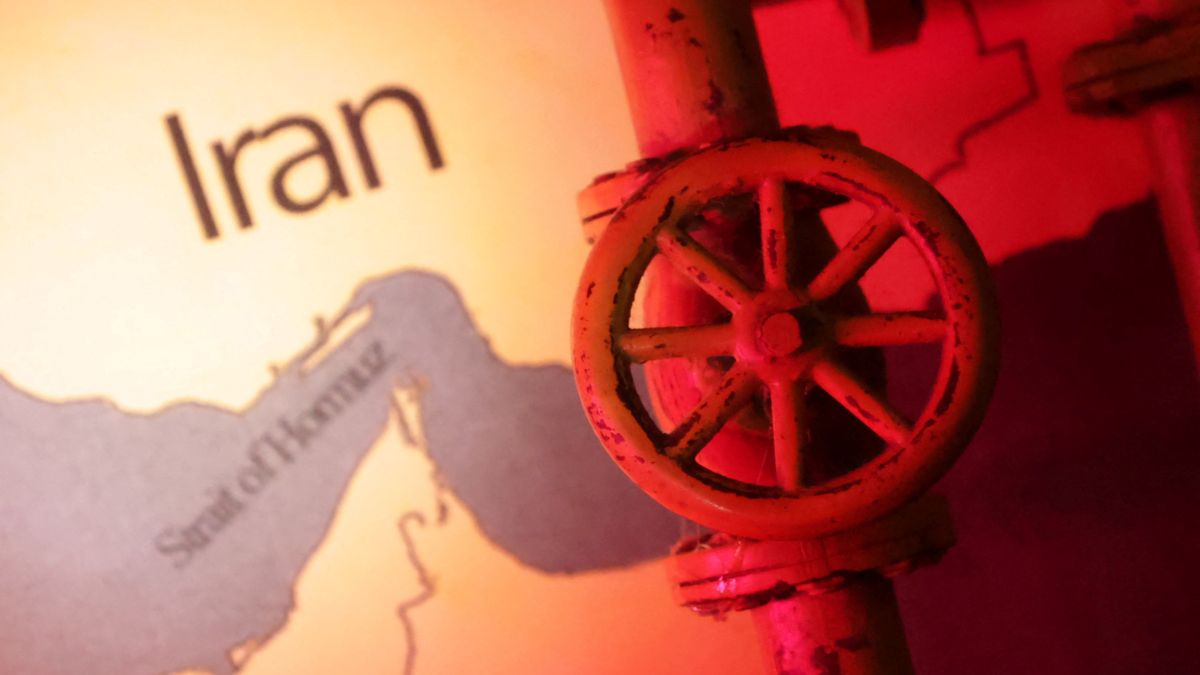)
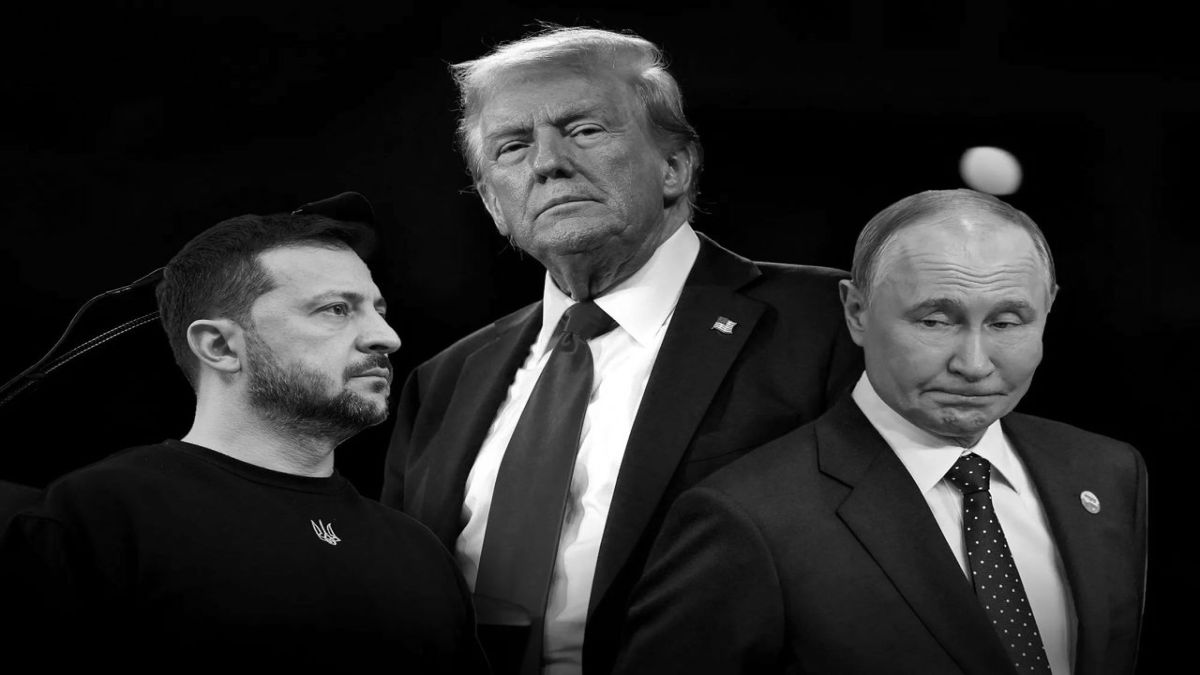)
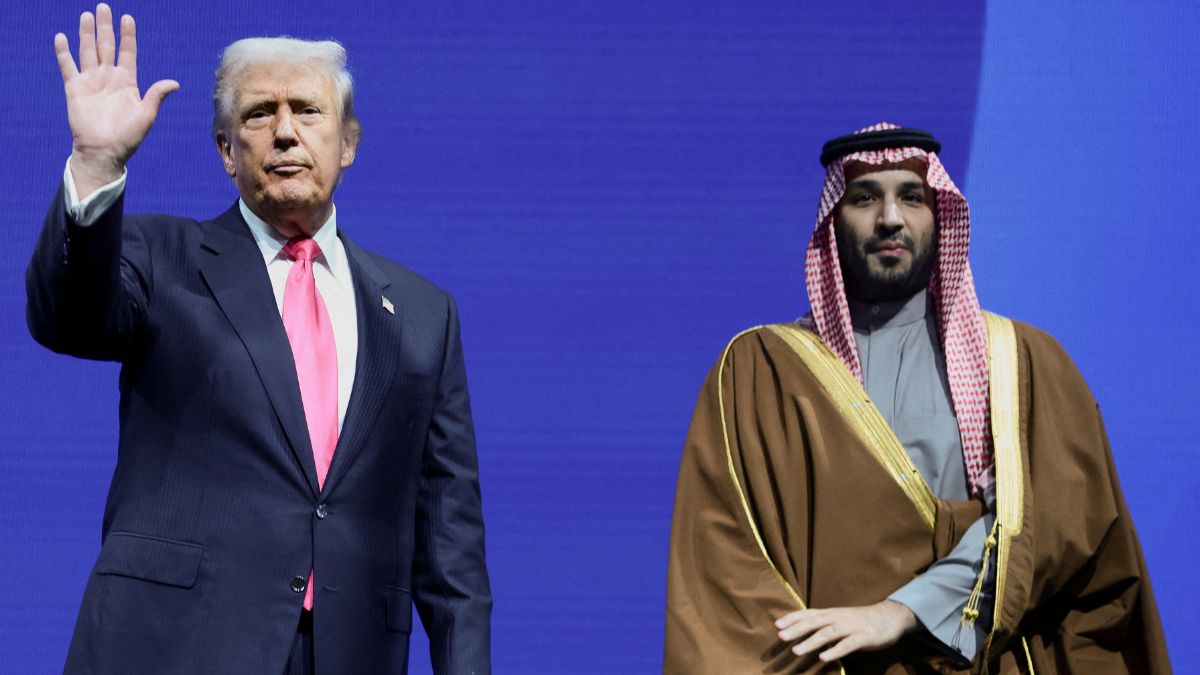)
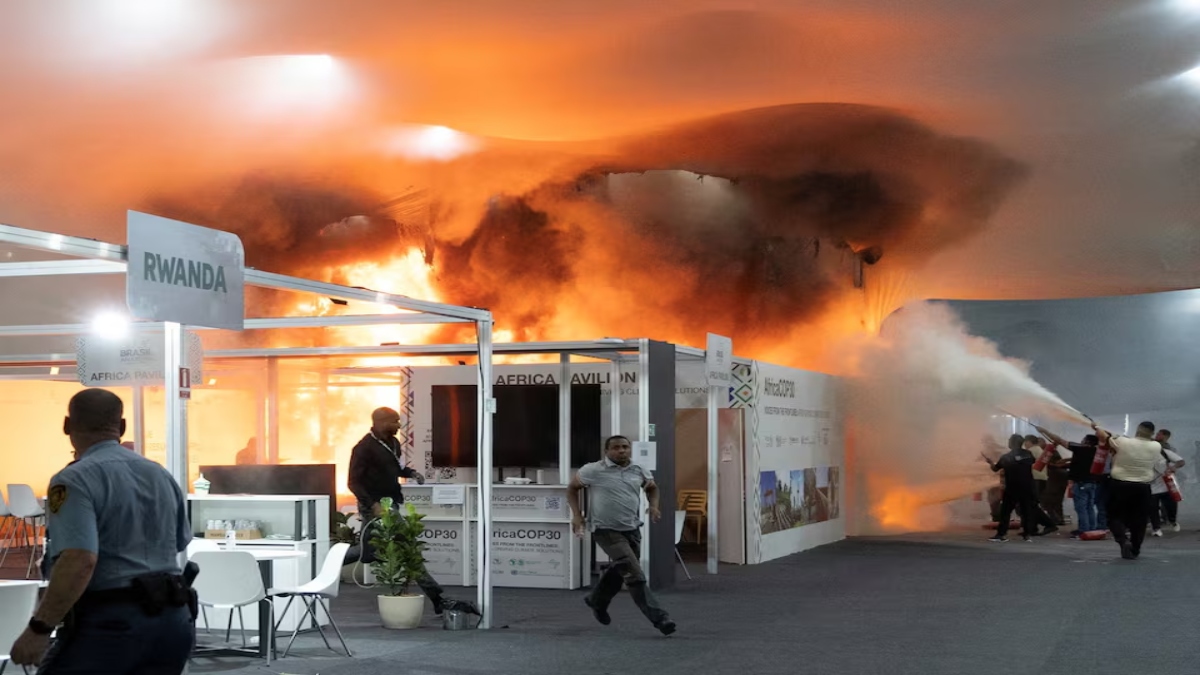)
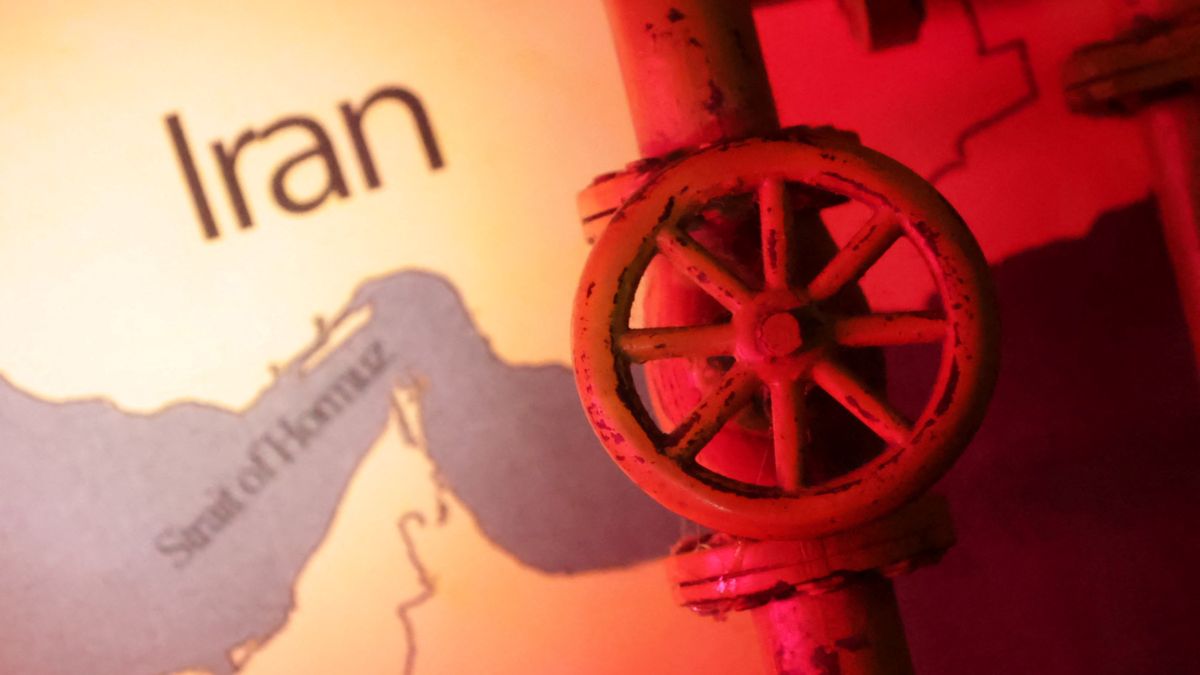)



